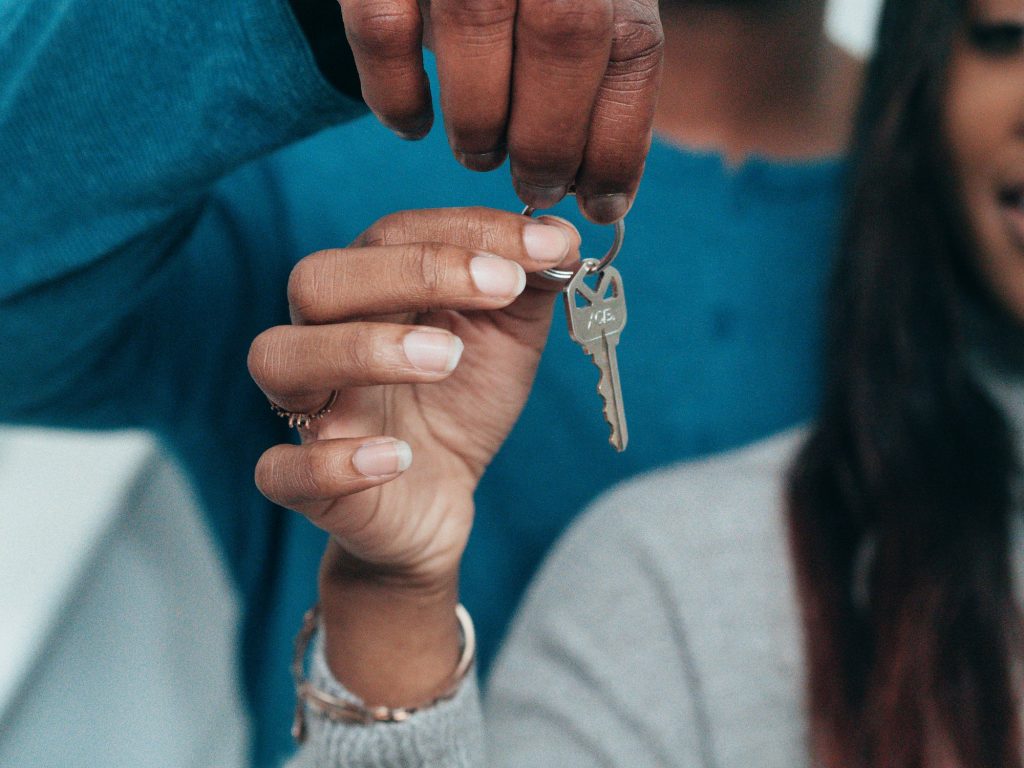Wouldn’t it be nice if buying a home were like buying a pair of shoes? You could just walk into a mall, pick your home out of a catalog, swipe your debit card, and go home—to your new home. However, the home buying process is much more of a marathon than a sprint.
Because homes are so expensive, the vast majority of people can’t afford to buy a home out of pocket, so most people have to get a mortgage. Getting your finances straight and finding the right lender takes patience and discipline, as well as research. Your mortgage loan is something that will likely be with you for 30 years, so it’s incumbent upon you to get the best deal you can. Continue reading to get some tips that will help you find the right home loan.
1. Get your credit score and finances in order.

As you know, whenever you’re trying to get a loan, your credit score is a major determining factor. That three-digit number helps lenders decide whether or not they should give you a home loan, the loan amount, and your interest rate.
It can take some time to improve your credit score, but if you work with a debt consolidation agency, they can help you make arrangements with your creditors to satisfy your debt and rehabilitate your credit history. If you know you have a low credit score, you should begin working on repairing it a year before you begin shopping for mortgage loans to improve your chances of credit approval.
While you’re working on your credit score, you should also be saving up for your down payment. Lenders usually require at least a 3.5% down payment on mortgages. With the average home in the U.S. going for over $270,000, you can expect to pay close to $10,000 from your own pocket. If you want to get a personal loan to cover your down payment, you definitely need to work on clearing any debts to make credit approval easier.
2. It’s important to know about the different types of interest rates and their effects on your mortgage.

One of the main reasons homes go into foreclosure is the fact that borrowers don’t understand how interest rates work when they got their home loan. The lower your credit score and down payment are, the higher the rate lenders will put on your mortgage, and interest rates can seriously impact how much you actually end up paying for your home.
If you’re able to get a low mortgage rate because of your credit score or because current rates are low all over the U.S., you should lock that interest rate in with a fixed-rate loan. Fixed rate home loans indeed have higher rates than adjustable-rate mortgages. However, adjustable rates are always subject to the market and prone to fluctuation. Getting a fixed-rate loan ensures your monthly mortgage payments stay the same throughout your loan term.
3. Look for assistance programs.

A home is the most essential material possession, and that’s why there are numerous programs to help people buy a home regardless of their situation. First-time buyer programs help borrowers come up with their down payment. With the money first-time buyer programs can save you, you could even have money left over for a trip to New York to see the big lights or a one-of-a-kind Mississippi trip full of riverboat casinos and soul food picnics.
Federal Housing Administration (FHA) loans also offer borrowers with lower incomes and credit scores lower down payments. However, if your credit score is below 580, you’ll have to make a 10% down payment on your FHA loan. People tend to think FHA loans are only for first-time buyers, but anyone who hasn’t owned a primary residence in the past three years can apply.



